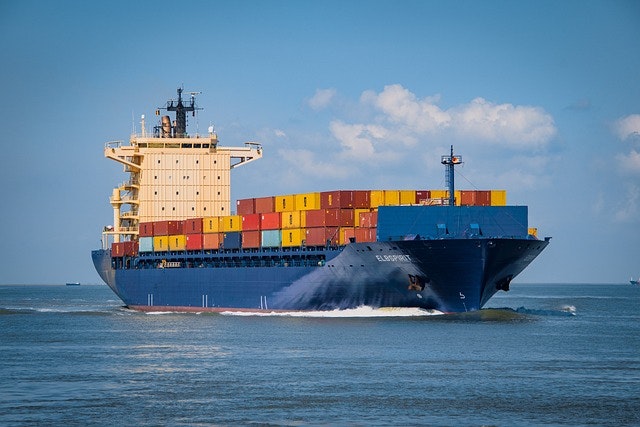- Health & Safety in the fishing industry
Health & Safety in the fishing industry
- Health & Safety
Peninsula Team, Peninsula Team
(Last updated )
Peninsula Team, Peninsula Team
(Last updated )
Jump to section:
There is no harsher natural environment than the sea. There are few workplaces where people are required to operate machinery on a platform that is often wet and continuously moving. These factors make fishing one of the most physically demanding and most dangerous occupations from a Health & Safety perspective.
This assessment is borne out by accident statistics. There are approximately 5,000 people in Ireland employed directly in the sea-fishing industry which has an extremely high accident/fatality per person employed. Statistically, working in the fishing industry is 40 times more hazardous than general working.
Relevant legislation
Employers in the fishing industry need to be aware of the following laws:
- the Safety, Health and Welfare at Work Act 2005;
- the Safety, Health and Welfare at Work (General Application) Regulations 2007 as amended; and
- the Safety, Health and Welfare at Work (Fishing Vessels) Regulations 1999
Duties of employers in the fishing industry
A fisherman or fishing business that employs people has general duties of care to ensure, so far as is reasonably practicable, the safety, health and welfare of all employees. Employers in the fishing industry have specific duties to include providing:
- a safe place of work;
- safe working procedures;
- safe plant, equipment and machinery for use on the fishing boat;
- information, instruction and training for all who work on the fishing boat;
- personal protective equipment/flotation devices;
- plans to deal with emergencies;
- a safe system for storing, handling and using articles and substances; and
- adequate toilet and washing facilities.
Duties of employees
Employees working on a fishing boat also have reciprocal duties of care. Employees working on a fishing vessel must:
- take care of themselves and others working with them;
- cooperate with their employer to enable them to comply with the law;
- make proper use of all machinery, tools, substances, etc. and any personal protective equipment/flotation equipment provided by their employer; and
- report to their employer any hazards of which they become aware.
Fishing hazards
An analysis of 24 fatal fishing incidents in Irish waters which occurred over an 11-year period and resulted in 42 fishermen losing their lives, showed that the two principal causes of death were vessels taking on water/capsizing and fishermen becoming entangled in nets and other equipment leading to them being pulled overboard. These two risks account for over 65% of the 24 fatalities.
Emergency planning
Emergencies can occur at any time. In the fishing sector, an emergency may happen in darkness, in rough seas or on an unstable vessel. Roles and responsibilities should be clearly designated and emergency drills should be practiced. Emergency plans should include precautions against:
- gas leaks;
- chemical spills;
- engine failures;
- flooding;
- man overboard;
- helicopter rescue;
- extreme sea conditions;
- abandon ship; and
- fire
Information, training and supervision
Employers must ensure that employees are provided with information on:
- the hazards and risks within the workplace;
- the hazards and risks affecting specific tasks or operations carried out by the person;
- the control measures in place to minimise exposure to these risks;
- information and instructions on the job to be carried out and how to work safely; and
- measures to be taken in an emergency.
Basic safety training
The Fishing Vessel (Basic Safety Training) Regulations 2001 (S.I. No.587 of 2001) require all fishing boat crewmembers to undergo Basic Safety Training. The training consists of three units:
- Personal survival techniques, including man overboard techniques;
- Elementary first aid;
- Fire prevention and safety awareness.
On board minimum safety requirements
Employers and fishing business owners must ensure a reasonable level of safety on board the boat. This includes:
- the design and maintenance of the boat;
- safe means of getting about the boat;
- safe machinery and equipment;
- safe methods of working;
- adequate information, instruction and supervision of employees;
- provision of appropriate safety clothing and equipment.
This duty includes a requirement to regularly overview safety and record this in the organisation’s Safety Statement.
Owner responsibilities
Fishermen are risk tolerant by nature but the personal and financial costs of on-board incidents are significantly higher in the fishing industry. It is vital therefore that fishing business owners keep up to date with best practice health & safety guidelines. To learn more about safeguarding your fishing business against health & safety risks, please call our 24-hour advice service on 0818 923 923
- Health & Safety in the fishing industry
Discover a safer way to manage your start-up...
Speak to a consultant to identify your biggest business risks and learn how Peninsula can support you.
